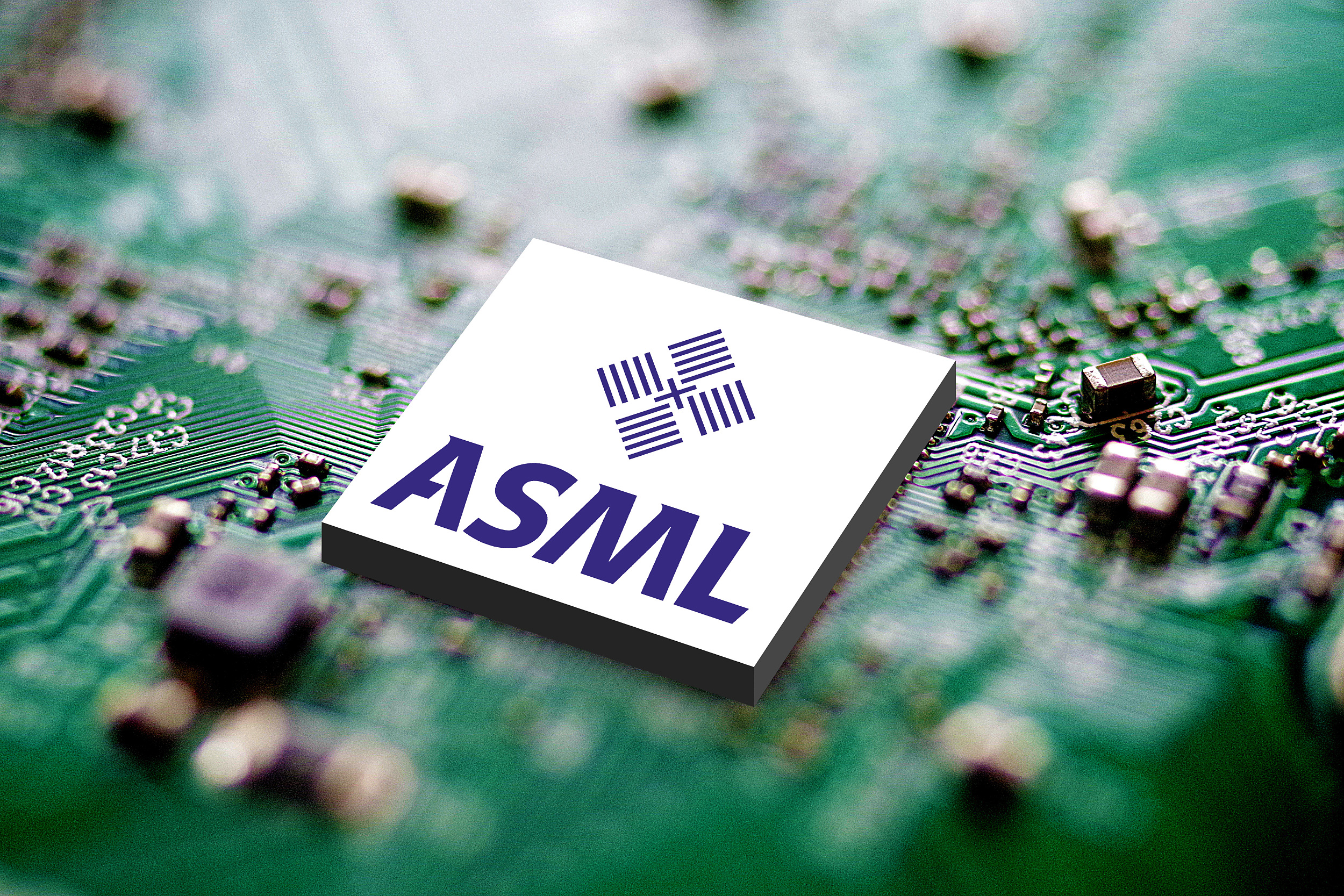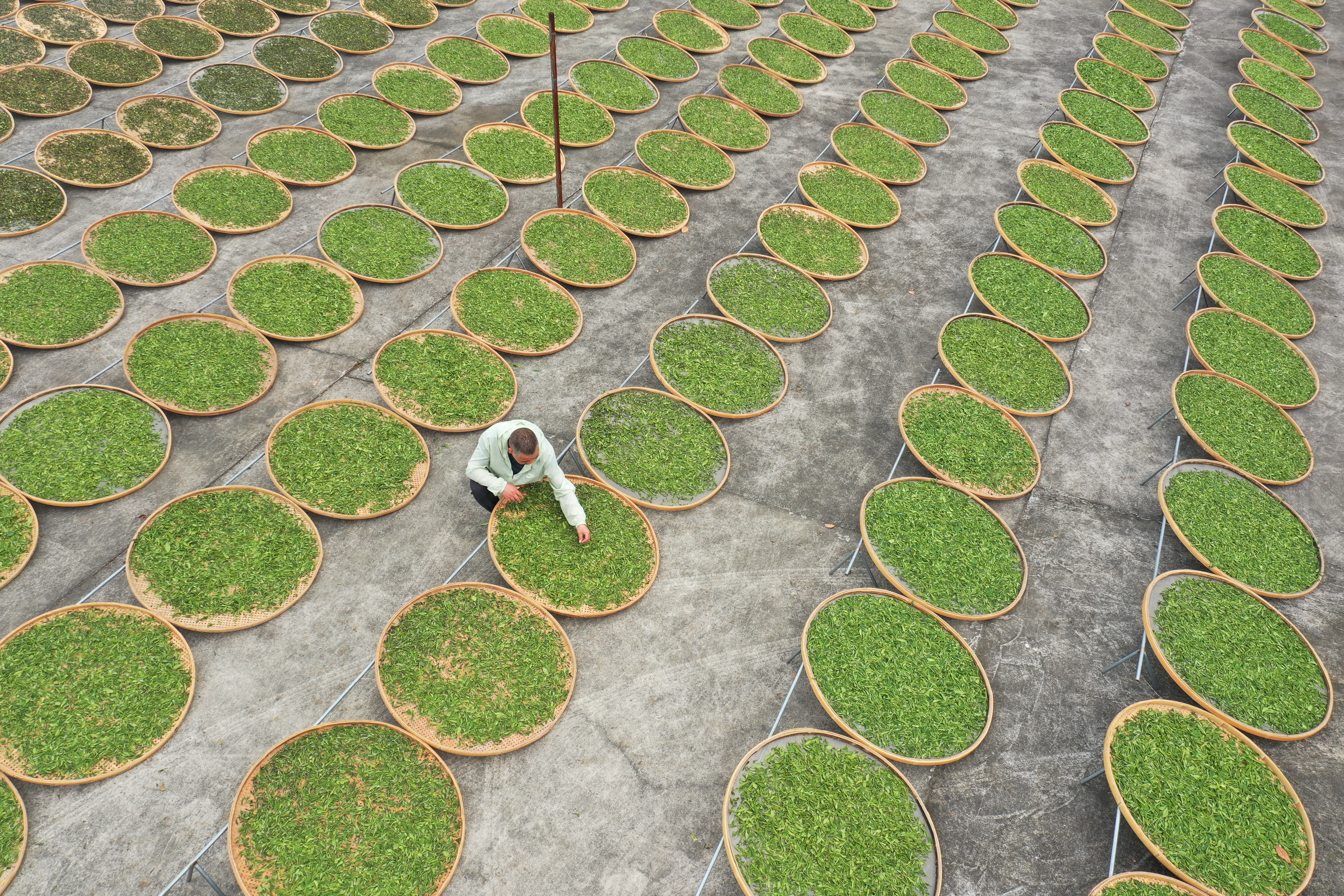U.S. Nudging its Allies to Restrict Chips Tech:Harmful to All

ASML faces the U.S. pressure of restrict exports on chip technology . (PHOTO: VCG)
Edited by GONG Qian
The U.S. has recently ramped up its effort to lobby its allies to further limit China's access to advanced semiconductors by restricting exports.
President Joe Biden met with Japanese Prime Minister Fumio Kishida and Dutch Prime Minister Mark Rutte in January, and discussed a variety of issues, including tougher export restrictions to limit the sale of semiconductor manufacturing technology to China.
Japan and the Netherlands are home to key suppliers of semiconductor manufacturing equipment.
In a joint statement, the U.S. and Japan agreed to sharpen their shared edge on economic security, including protection and promotion of critical and emerging technologies, according to an AP report.
Kishida said he backs Biden's efforts, but he did not agree to match the sweeping curbs targeting China's semiconductor and supercomputing industries.
Rutte's visit followed that of Kishida. The White House press secretary Karine Jean-Pierre confirmed that the two leaders talked about the new U.S. restrictions on exporting chip-making technology to China.
The so-called "new" restrictions refer to the U.S. Commerce Department announcement in October 2022. It warned three U.S. semiconductor companies - LAM Research, KLA Corp, and Applied Materials - could no longer sell semiconductor manufacturing equipment without special permission from authorities.
In this way, the new restriction aims at limiting China's ability to access advanced computing chips, develop and maintain supercomputers, and make advanced semiconductors.
The U.S. ability to prevent other companies from filling the void in the Chinese supply of chipmaking equipment is limited, said British technology news website The Register. It needs plenty of help from allies for the new restrictions to have maximum impact.
Therefore, the U.S. has been trying to get its allies, in particular the Netherlands, to sing from the same hymn sheet.
The Netherlands is home to ASML, one of the major manufacturer of the world's most advanced semiconductor lithography systems required to manufacture the most advanced chips. China is one of its biggest clients, taking up 15 percent of sales.
Bloomberg reported the Netherlands and Japan reached an agreement with the U.S. on January 27 to limit exports of some advanced chipmaking machinery to China, but no more details were disclosed.
Apart from ASML, companies based in Japan, including Nikon and Tokyo Electron, would be directly or indirectly affected by the agreement. "Japan's chip equipment makers in the dark about new China export restrictions," said Reuters.
China Foreign Ministry spokesman Wang Wenbin said at a regular press briefing in Beijing that the U.S. effort showed its "selfish hegemonic interests" and that Washington pursued its interests at the expense of its allies.
Both Tokyo Electron and ASML seemed annoyed by the decisions taken by their respective governments. According to Bloomberg, Tokyo Electron has said the general clampdown on its Chinese customers is already hurting business, while ASML's CEO Peter Wennink complained that the company has had to make sacrifices.
The Dutch Trade Minister Liesje Schreinemacher also said she would fight for open trade and to prevent protectionism during a semiconductor panel discussion on January 19 at the World Economic Forum in Davos, according to South China Morning Post.
It seems that the agreement is a victory for Biden, but Wennink warned that the U.S. campaign could have unintended consequences, and predicted that China will develop the technology itself instead of importing it, according to Bloomberg.
"That will take time, but ultimately they will get there," he said on January 25.


